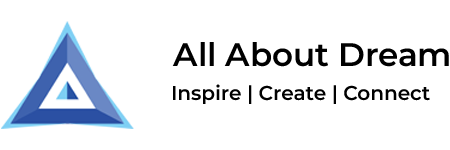Interview Basics
1.1 What is an Interview?
An interview is a structured conversation where an interviewer evaluates a candidate’s suitability for a role. It serves as a platform for the employer to gauge your skills, experiences, and cultural fit, and for you to assess the company’s offerings.
Types of Interviews:
- Structured Interview: Predetermined set of questions.
- Unstructured Interview: Open-ended and conversational.
- Panel Interview: Multiple interviewers evaluate the candidate.
- Group Interview: Multiple candidates are assessed simultaneously.
- Virtual Interview: Conducted via video conferencing tools like Zoom or MS Teams.
1.2 The Importance of Interview Preparation
Failing to prepare is preparing to fail. Thorough preparation:
- Boosts confidence.
- Demonstrates your interest in the role.
- Reduces interview anxiety.
Key Preparation Pillars:
- Research about the company.
- Understand the job description.
- Prepare answers to potential questions.
- Plan logistics (time, location, technology setup).
1.3 Stages of an Interview Process
1.3.1 Pre-Interview Preparation
- Research the Organization: Mission, vision, culture, and recent achievements.
- Understand the Job Role: Analyze the job description to match your skills with the requirements.
- Document Checklist: Resume, cover letter, certificates, and portfolio (if applicable).
- Dress Code: Plan attire appropriate to the company culture.
1.3.2 During the Interview
- Arrive 10-15 minutes early.
- Greet interviewers professionally.
- Actively listen to questions and answer succinctly.
- Maintain positive body language: eye contact, smiling, and an upright posture.
1.3.3 Post-Interview
- Send a thank-you email within 24 hours.
- Reflect on your performance: What went well? What could be improved?
- Plan for follow-ups if you don’t hear back.
1.4 Common Myths and Misconceptions
- Myth: The interviewer knows everything about you.
- Fact: They only know what’s on your resume. You need to highlight your achievements.
- Myth: The most qualified person always gets the job.
- Fact: Employers look for cultural fit, problem-solving abilities, and soft skills.
- Myth: Rejections mean you’re not good enough.
- Fact: It often means you weren’t the right fit for that specific role.
1.5 Key Takeaways for Interview Basics
- Understand that interviews are two-way conversations.
- Preparation is essential for presenting your best self.
- Learning from each interview enhances your chances for future success.
